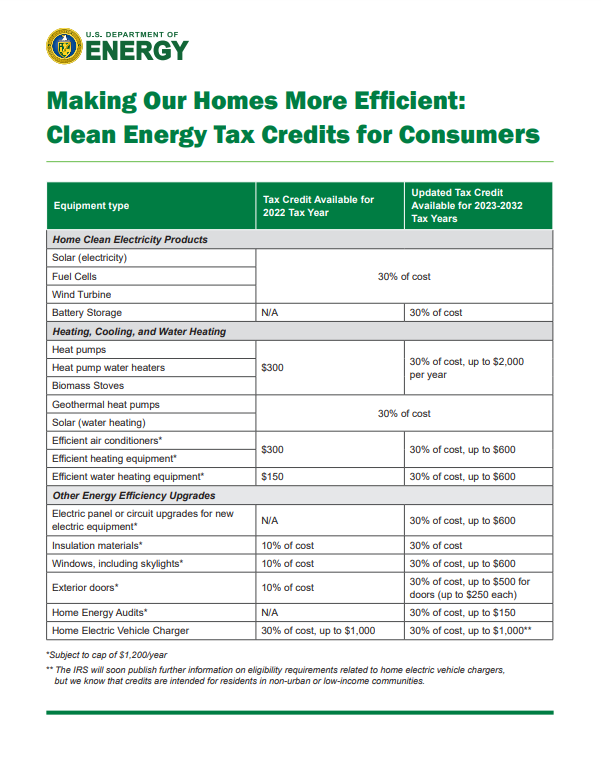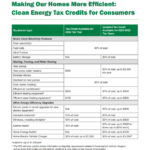Federal Heat Pump Rebate – In an era where the effects of climate change are becoming increasingly evident, finding eco-friendly and cost-effective ways to heat and cool our homes is paramount. One solution that’s gaining popularity is the Federal Heat Pump Rebate program, designed to encourage homeowners to transition to more energy-efficient heating and cooling solutions. This article explores the intricacies of this rebate program, from what heat pumps are to how you can benefit from it.
What Is a Heat Pump?
A heat pump is a versatile HVAC system that works by transferring heat between the indoors and outdoors, depending on the season. It serves as both a heater in the winter and an air conditioner in the summer, making it a year-round solution. Unlike traditional heating methods that consume fossil fuels, heat pumps run on electricity and are known for their energy efficiency.
Importance of Energy-Efficient Heating and Cooling
The demand for energy-efficient heating and cooling systems is driven by the need to reduce energy consumption, cut utility costs, and lower carbon emissions. Federal agencies and environmental organizations are actively promoting these solutions, emphasizing the importance of transitioning to greener technologies like heat pumps.
Federal Heat Pump Rebate: A Boon for Homeowners
The Federal Heat Pump Rebate program offers a significant financial incentive for homeowners considering a switch to heat pumps. This rebate can offset a substantial portion of the initial investment, making it an attractive proposition for those looking to upgrade their HVAC systems.
Eligibility Criteria for Federal Heat Pump Rebate
Before you can take advantage of the rebate, it’s crucial to understand the eligibility criteria. Typically, homeowners must meet specific requirements related to the type and efficiency of the heat pump they install, ensuring that it meets the program’s energy-saving objectives.
How to Apply for the Rebate
Applying for the Federal Heat Pump Rebate is a straightforward process, but it requires attention to detail. To benefit from this program, homeowners must navigate the application process correctly. We’ll guide you through the necessary steps.
Types of Heat Pumps
Heat pumps come in various types, including air source heat pumps and ground source heat pumps. Each type has its own set of advantages, depending on your geographical location and heating and cooling needs.
Advantages of Heat Pumps
Apart from the energy-efficient operation, heat pumps offer other benefits, such as improved indoor air quality, quiet operation, and zone heating and cooling, which allows you to control the temperature in different areas of your home.
Energy Efficiency and Cost Savings
One of the primary attractions of heat pumps is their energy efficiency. We’ll delve into the specifics of how they can help you save on energy costs, making them a wise long-term investment.
Environmental Benefits
By choosing a heat pump, you’re not only reducing your carbon footprint but also contributing to a more sustainable environment. We’ll discuss how heat pumps are environmentally friendly and the positive impact they have on reducing greenhouse gas emissions.
Maintenance Tips for Heat Pumps
Proper maintenance is key to ensuring the longevity and efficiency of your heat pump. We’ll provide you with valuable tips on how to keep your system in top shape.
State-Level Rebates and Incentives
In addition to the federal program, many states offer their own rebates and incentives for heat pump installations. We’ll explore these opportunities, allowing you to maximize your savings.
Common Misconceptions About Heat Pumps
To wrap up our discussion, we’ll address some common misconceptions and concerns people have about heat pumps. Understanding the facts can help you make an informed decision.
Conclusion
The Federal Heat Pump Rebate program is a remarkable initiative that encourages homeowners to adopt energy-efficient heating and cooling solutions. By making the switch to a heat pump, you not only save on energy costs but also contribute to a greener and more sustainable future.

